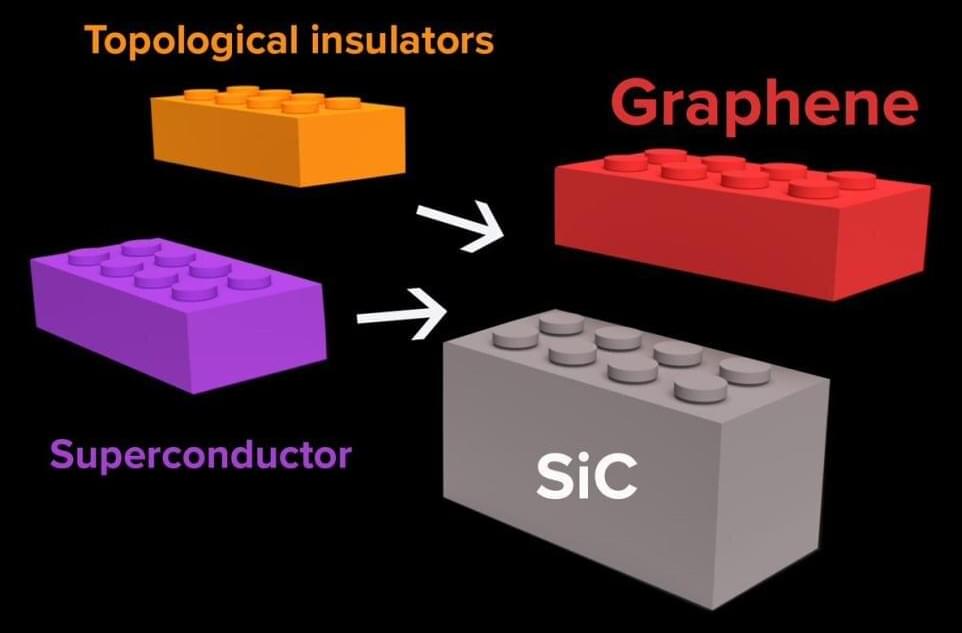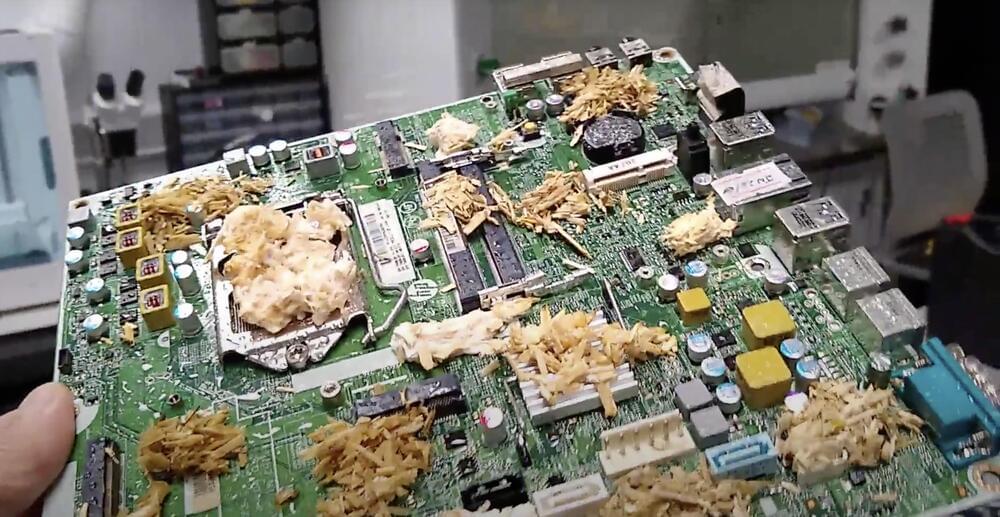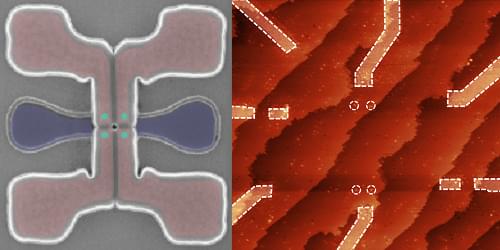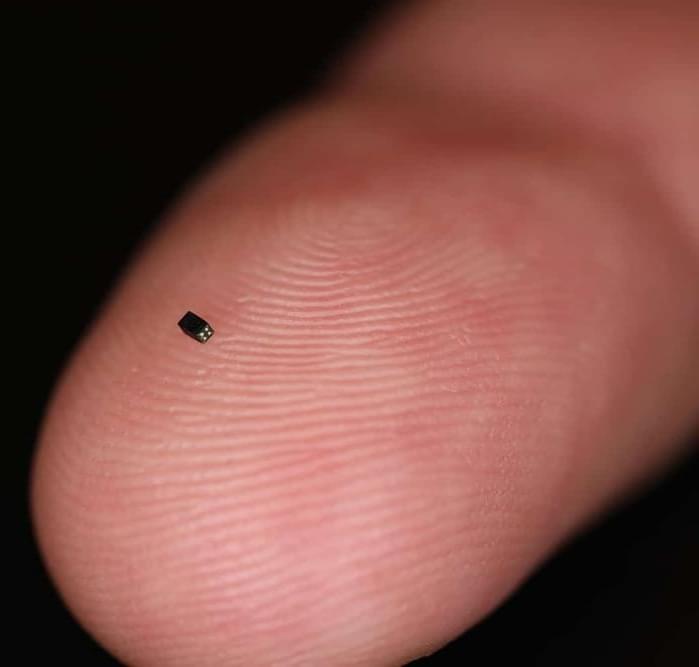A new form of heterostructure of layered two-dimensional (2D) materials may enable quantum computing to overcome key barriers to its widespread application, according to an international team of researchers.
The researchers were led by a team that is part of the Penn State Center for Nanoscale Science (CNS), one of 19 Materials Research Science and Engineering Centers (MRSEC) in the United States funded by the National Science Foundation. Their work was published Feb. 13 in Nature Materials.
A regular computer consists of billions of transistors, known as bits, and are governed by binary code (“0” = off and “1” = on). A quantum bit, also known as a qubit, is based on quantum mechanics and can be both a “0” and a “1” at the same time. This is known as superposition and can enable quantum computers to be more powerful than the regular, classical computers.








